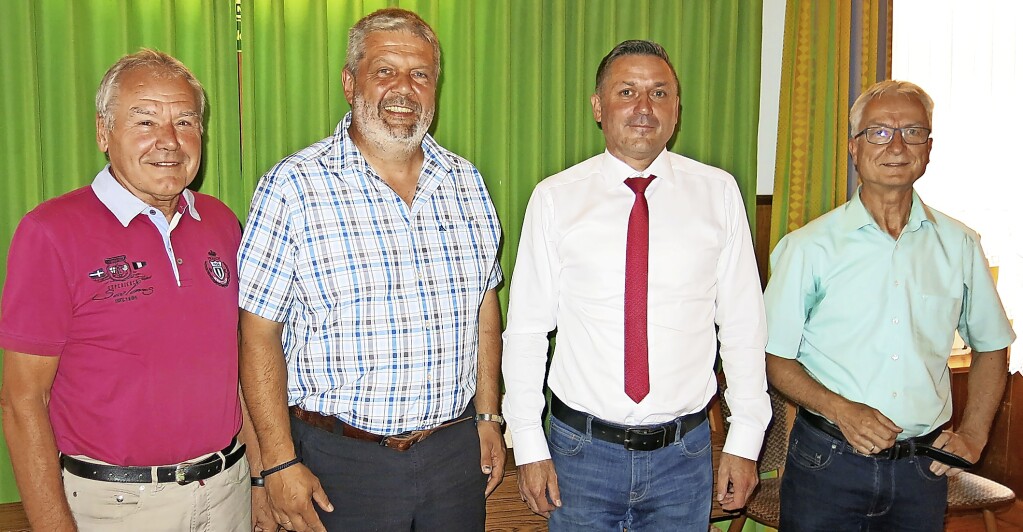Missing apartments, the question of how to deal with the increasing traffic, or the digitalization of administration: these are the central issues that occupy Berlin’s politics. People in the capital often believe that these problems are absolutely unique, said Berlin’s Governing Mayor Michael Müller (SPD). “But when you are with other mayors, it takes ten minutes before you realize that everyone is dealing with the same issues.”
In order to exchange experiences in the big cities and to find solutions to common problems, the Senate will host the international metropolitan conference “berlin questions” next week, which Müller and the conference director and head of culture at visitBerlin, Lutz Henke, will be hosting on Monday presented.
From August 11th to 14th, city leaders, architects, traffic and digital experts, among others, will be discussing the future of large cities at various locations in Berlin. Under the title “Metropolis: The New Now”, the effects of the pandemic on digitization, urbanization, climate change and the understanding of democracy in cities around the world will be highlighted.
The conference has been taking place since 2017. Last year it had to be canceled due to the pandemic. This year, too, the planning was anything but easy, said Head Henke: “Instead of one conference, we have planned three.” The events were planned for face-to-face and purely digital as well as a mixed form. Ultimately, it is a hybrid format in which the discussions and lectures will take place in the coming week. In addition to a small audience of 50 to 100 people on site, all events are broadcast live on the Internet.
From the visitor’s point of view: it’s a shame from the inside because the makers have chosen exciting locations. For example, the focus on the use of public space takes place on the otherwise closed Spreepark site. The lectures should be about the question of whether more public luxury is necessary, said Henke. The group on the future of urban traffic will meet at the former Tegel Airport, but without an audience at all.
[Wenn Sie alle aktuellen Nachrichten live auf Ihr Handy haben wollen, empfehlen wir Ihnen unsere App, die Sie hier für Apple- und Android-Geräte herunterladen können.]
The main event will take place on Wednesday, August 11th, in the E-Werk. Among other things, the Berlin virologist Christian Drosten will give a lecture on the current status of the pandemic. Later there will be speeches by mayors from London, Moscow, Seoul and Los Angeles, among others.
Müller wants to prioritize local public transport on the streets
With the city leaders of Buenos Aires and the Namibian capital Windhoek and Freetown in Sierra Leone, representatives from emerging and developing countries will also present their perspectives. However, most of them can only be switched on, said Henke. “We get reports from mayors every day that they cannot come because of the pandemic.”
And what can Berlin learn from its partners? Müller sees Vienna as a role model for municipal housing. However, the exchange with Buenos Aires and the South African Johannisburg about transport issues is also interesting. The cities have learned that you have to prioritize public transport clearly in order to make it more important. For this purpose, road lanes, for example, are structurally separated and only released for buses. “You can see that they are working with completely different instruments to implement the mobility transition,” said Müller. And you have to look at what can be implemented in Berlin.
–

:quality(85)//cloudfront-us-east-1.images.arcpublishing.com/infobae/ET4SMDJ2IVFQHFNQNFKRDJ4L3Q.jpg)
